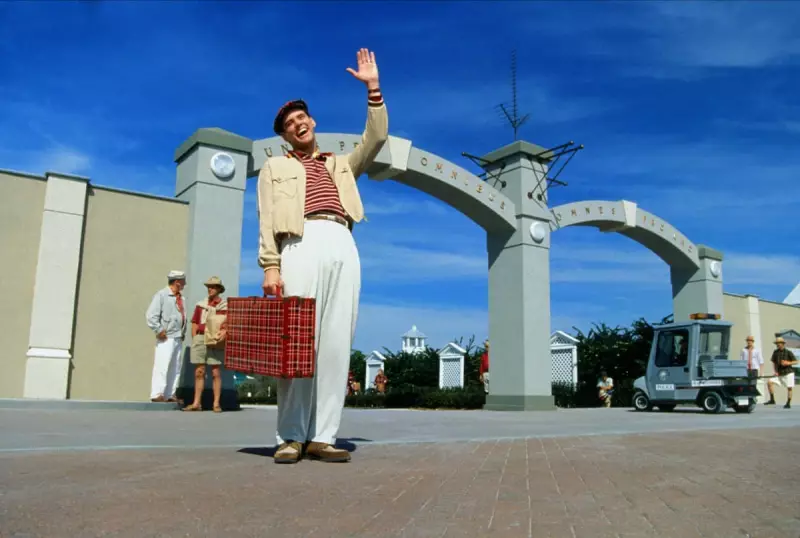
Nearly three decades after its initial release, The Truman Show has transformed from clever entertainment into something far more unsettling: a mirror reflecting our contemporary digital existence. Peter Weir's 1998 masterpiece, starring Jim Carrey in his career-defining dramatic role, now feels less like fiction and more like documentary.
From Fiction to Prophecy
What seemed like speculative fantasy in the late 90s now reads as remarkably accurate social commentary. The film's central premise—a man whose entire life is broadcast as entertainment without his knowledge—no longer feels far-fetched in an era dominated by reality television, social media influencers, and constant digital surveillance.
The parallels are impossible to ignore:
- Reality television has normalized the concept of lives as entertainment
- Social media creates curated versions of reality that mirror Truman's artificial world
- Data collection and digital tracking echo the constant surveillance Truman endures
- The blurred lines between authentic experience and performance
Jim Carrey's Unforgettable Performance
Carrey's portrayal of Truman Burbank remains a career highlight, balancing comedic timing with profound emotional depth. His journey from cheerful ignorance to awakening suspicion to determined escape creates a powerful arc that resonates more deeply with each passing year.
Christof's Chilling Relevance
Ed Harris's character, Christof—the god-like director of Truman's world—embodies the manipulative forces that now shape our digital landscapes. His famous line, "We accept the reality of the world with which we're presented", serves as a warning about passive consumption of media and technology.
A Film That Grew Wiser With Age
Unlike many films that date quickly, The Truman Show has matured into a more complex and disturbing work. Its themes of free will, manufactured reality, and the ethics of entertainment have gained new layers of meaning in our algorithm-driven world.
The film's enduring power lies in its ability to make viewers question their own relationship with media and technology. As we navigate an increasingly curated digital existence, Truman's quest for authentic experience feels more urgent than ever.





